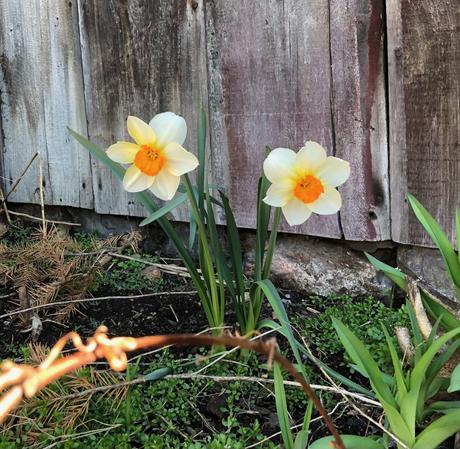Today, for some, it’s Easter. Others call the day Pascha, after the Hebrew word pasach, or “Passover.” At its deepest roots it is a spring celebration timed around the vernal equinox. The name “Easter,” however, has an interesting story. All the more so for having missing parts. There was apparently an Anglo-Saxon goddess named Eostre. Since these Teutonic peoples didn’t have their own archives we only learn about the April festival dedicated to this dawn goddess from the Venerable Bede. Being venerable, we tend to trust him. He tells us that what is called Pascha used to be called Easter because of the goddess and her celebrations. We’re often left, however, with not enough information about the deities of old Europe because, ironically, literacy had not come to them.
As we move into what publishers are calling post-literary culture, I have to wonder at the losses that will mean for the future. We all know, deep down, that electronic media are ephemeral. We just hope our bank accounts stay viable until we die so we don’t run out of money. In any case, Easter is a good illustration of what historians and those interested in the development of ideas have to do when few written records exist. We look at artifacts and images and make our best guess. This is clearly evident in the field of studies of another goddess—Asherah—upon whom I lavished my dissertation. We do have some written records, but for many scholars they aren’t enough. We guess that this or that image might be of her, although they’re not labelled. A similar problem applies to Eostre.
There is little doubt that a goddess named Eostre existed. It makes perfect sense that she would be celebrated in April. Before Daylight Saving Time was invented, it was light around 5 a.m. this time of year. For early birds (historically we were in the majority) it would’ve been obvious. The goddess of the dawn is coming back to us. Shining in our eyes as we try to pry a little more slumber from a shortening night. Early Christians tended to adapt rather than to reject non-Christian celebrations. The name of Easter is yet another of those conveniences. Although it snowed a little around here on what some call Maundy Thursday, today Easter is here to remind us of resurrection. Life does return and our daffodils, although they may be shivering, have bravely broken through the sod to greet the dawn.

